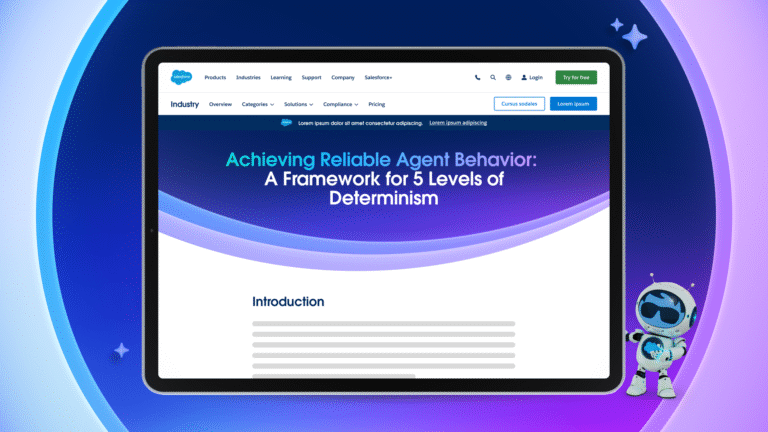The changing nature of B2B commerce
The B2B commerce landscape is undergoing a significant transformation with the rise of millennials in decision-making positions. As digital natives, they value convenience, transparency, and efficiency in their buying experiences. They expect seamless online transactions, personalized recommendations, and real-time inventory visibility. This evolving dynamic presents opportunities and challenges for B2B transactions, requiring a reinvention of supply chains to adapt to these changing demands.
To cater to these preferences, B2B e-commerce platforms are investing heavily in user experience design, implementing AI-powered recommendation engines, and providing self-service tools that enable buyers to make informed decisions without extensive back-and-forth with sales representatives.
According to a report 43% of B2B buyers prefer not to interact with a sales representative, while 83% of buyers surveyed said they would prefer paying through digital commerce. While this trend gives more control to buyers, it also improves seller productivity, allowing sellers to spend less time taking and processing orders while spending more time engaging customers in a meaningful way.
Microsoft Dynamics 365 Finance and Supply Chain Management is an application that offers capabilities for warehouse and D365 Commerce that includes a B2B offering along with ordering management. It helps businesses overcome ecommerce and supply chain challenges with a management solution that enables them to ensure resiliency with better inventory management while also helping them orchestrate orders across their various supply chain systems. This helps businesses scale their business as they continue to grow. Customers like Peet’s Coffee are working with Microsoft to deploy B2B capabilities for Dynamics 365 in their business for just these reasons.
Traditional companies in the market tend to separate out B2B and B2C commerce solutions. This has led to businesses having replicated data, digital assets, and disjointed messaging if they operate across both B2B and B2C. This has also resulted in a lack of innovation in the B2B e-commerce space driven by traditional perceptions around the B2B buyer journey. With young and tech savvy buyers now commonplace in the market, we must look beyond what has traditionally been available for B2B e-commerce and enable smarter and more intuitive buying experiences for users. This is what we set out to do with Dynamics 365 Commerce. By bringing the innovative and intelligent features of B2C to B2B e-commerce, companies can deliver curated and relevant content to their buyers and build richer B2B account relations. This includes activating capabilities like a responsive and modular UX, intelligent and AI-powered recommendations, context aware and immersive product search, shared ratings and reviews, cross channel asset management, distributed order management, and merchandising capabilities into the buyers digital purchasing experience. It also includes support for order ingestions from multiple sources including EDI through the use of our provider ecosystem.

We are also enabling relevant B2B capabilities for modern businesses, including flexible partner management and onboarding tools to reach partners directly online. Dynamics 365 Commerce is highly extensible as there is not one size that fits all. Streamlining the order process is made simpler with order templates allowing for curated and simplified self-service ordering options. Business partner accounts can see relevant discounts and spot promotions, or runout offers where relevant. Grid-based order entry allows for quick and efficient order placement with clear visibility of stock and order thresholds, supported with account-based payment options for quick order approval.

According to a survey of purchasing managers, 70% of them would prefer self-checkout purchasing for orders worth $50,000. This preference for self-checkout is in line with the growing trend of customers preferring to manage their transactions independently, without the support of service reps.

To manage customers with fewer sales reps, organizations need to find ways to optimize their reps by increasing their productivity and reducing the time spent building quotes and invoicing. This will allow sales reps to focus their time and attention on selling.
Using Copilot to democratize marketing

Peet’s Coffee Case Study
Peet’s Coffee was running their business on Dynamics 365 leveraging the SCM modules. The shape of the business had also changed to a consumer-packaged goods operation requiring more B2B sales. Peet’s Coffee leadership saw the need to improve their order taking process and found Dynamics 365 e-commerce as an ideal solution because it leverages the same platform as Dynamics Supply Chain Management. This would enable them to get faster time to value while focusing on optimizing targeted customer specific catalogs, customer specific pricing and trade agreements, easy reordering with order templates and the ability to collect payments online. The launch of their e-commerce portal culminated in an easy ordering experience, real-time prices, and increased seller productivity. Ultimately, Peet’s leapfrogged to a new state of business maturity and agility enabled by the e-commerce portal implementation.
“Dynamics 365 gives us the cloud-based architecture we require to support the growth requirements of the business. The combination of Dynamics 365, Power Platform, and Azure cloud services provides Peet’s with a scalable and supportable technology foundation for the future.”
Chief Information Officer, Allan Smith Peets Coffee
Conclusion
In conclusion, businesses must reinvent their supply chains to meet the demands of millennial buyers. They must also invest in user experience design and self-service tools to provide seamless buying experiences that cater to the preferences of tech-savvy buyers. Microsoft Dynamics 365 Commerce plays a pivotal role in this transformation, offering a platform that bridges the gap between B2B and B2C, enabling businesses to deliver curated and relevant content to their buyers, and building richer B2B account relations. The Peet’s Coffee case study exemplifies how Dynamics 365 Commerce enhances business agility and customer satisfaction in the modern B2B commerce landscape.
Learn more
Dynamics 365 Commerce delivers a comprehensive, yet composable, set of capabilities for both consumer and business-facing organizations seeking to expand beyond traditional digital commerce limitations and improve customer engagement, build brand awareness, streamline purchasing, and deliver exceptional customer experiences.
To learn more about Dynamics 365 Commerce:
Learn how SCM customer can implement B2B e-commerce and best practices.
Visit our website and request a preview of B2B e-commerce today.
We have Techtalks scheduled and here are the links:











